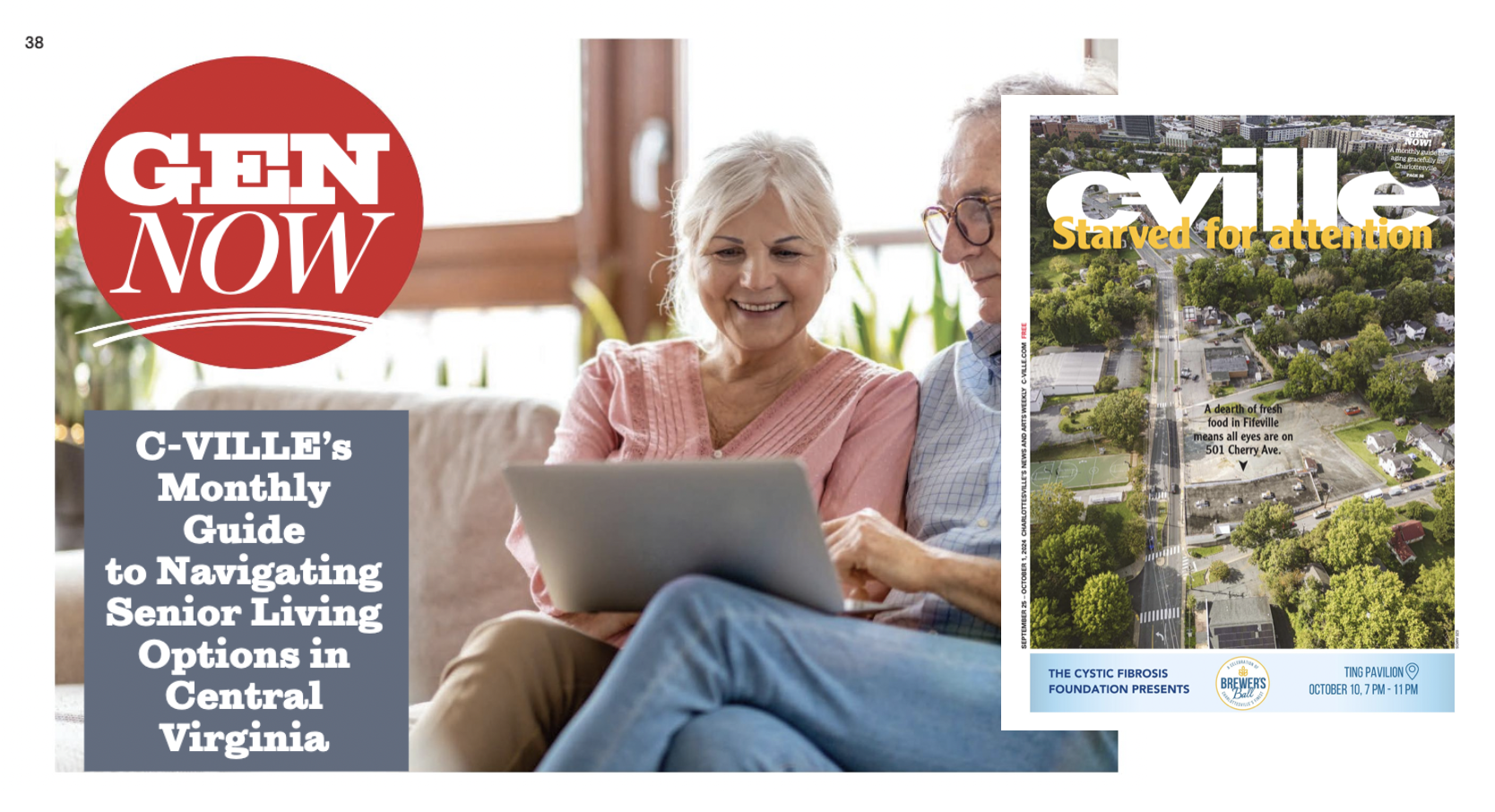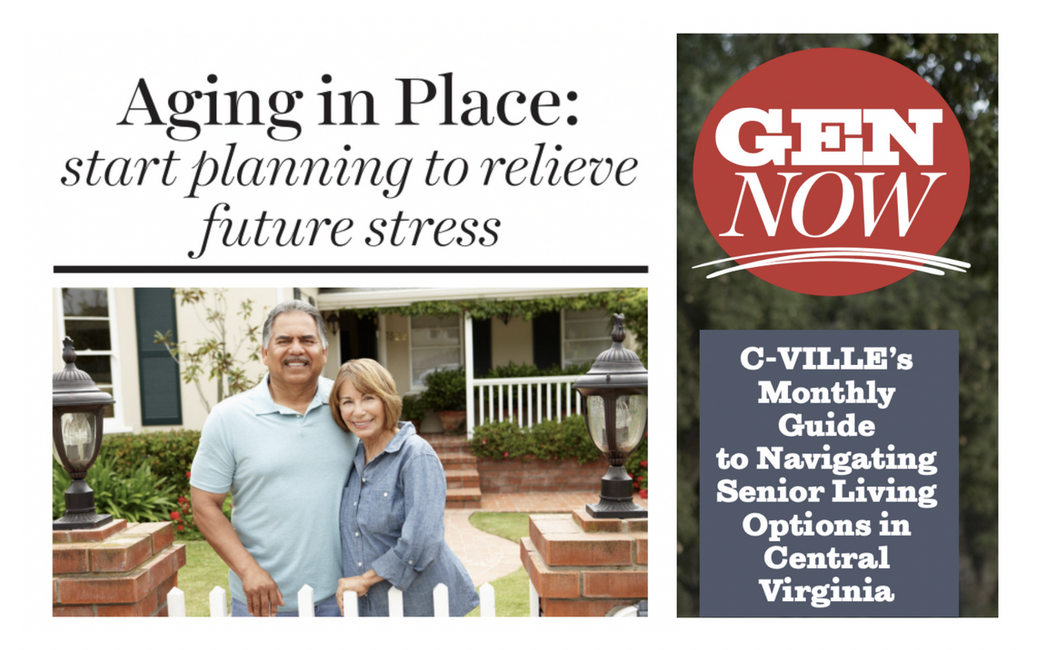As a culture, we have an aversion to talking about death. We want to avoid conversations about the end, thinking when we speak about death, we invite it into our lives. However, life is unexpected, illness and accidents can happen at any time. Avoiding the topic can only cause more problems, especially when it comes to your healthcare wishes.
Dr. Ira Byock, a leader in end-of-life care said, "I have an Advance Directive not because I have a serious illness but because I have a family.” If you are no longer able to make those choices, would your family know your wishes? ”By discussing our wishes for what happens as we approach the end of life, we can drastically increase the chances that our dying will actually play out as we hope,” said Byock.
An Advance Directive is a set of legal documents that tell your healthcare provider and family members what your wishes are if you become unable to do so. They empower a person to have their wishes honored in the event they can no longer speak for themselves. These documents include, but are not limited to living wills, health care power of attorney, do-not-resuscitate orders, and orders for life-saving treatment.
According to research in the Journal of Gerontological Nursing, having an Advance Directive is linked to higher rates of palliative care, reduced stress towards the end of life, improved communication between healthcare professionals and a patient's family, reduced healthcare costs, and lower rates of depression among families after a loved one’s death.
If starting an Advance Directive is something you have put off doing, here are some steps to help you get started. First, reflect on your values and wishes to decide what is important to you at the end of life.
Next, pick someone you trust to either make decisions for you or to make sure your wishes are honored as your healthcare proxy. This can be a family member, a loved one, or a lawyer. Talk to them about your values and what you want. These conversations can be hard to start, but it doesn’t have to be, it can be as easy as, “I was reading an article about advance care planning. We should talk about what our wishes are.”
Then, go to your doctor. Advance Care Planning is covered under Medicare as part of your yearly wellness visit. Talking to your health provider can give you insight into what decisions may come up based on your own health.
Complete your advance directive forms to make the process official. In Virginia, Advance Directives do not need to be notarized, and they don’t need to be written on specific forms, however using a pre-made form can make the process easier. All you are required for an AD in Virginia is your written care requests in your own words, signed by yourself and two witnesses. Each state has its own rules about Advance Directives. Share these forms with your healthcare proxy, doctors, and loved ones.
Finally, keep the conversation going. It is recommended you update your forms at least once a year or after a major life change like marriage, divorce, or new health diagnosis. Note the date the older copy was replaced by a new one and make sure the new copy is sent to everyone who had the old one.
While discussing and planning for the end of life can be uncomfortable, it is an important step in ensuringhdd our wishes are respected and helping our loved ones avoid making those difficult decisions on their own. Creating an Advance Directive can help you take control of your healthcare decisions, reduce stress for your family, and improve communication with healthcare providers. Taking the time to reflect on our values, communicate our wishes, and formalize them through legal documents is a proactive approach to facing the inevitable with dignity and clarity.
Ty Mynes is a writer and marketing specialist at JABA.




























